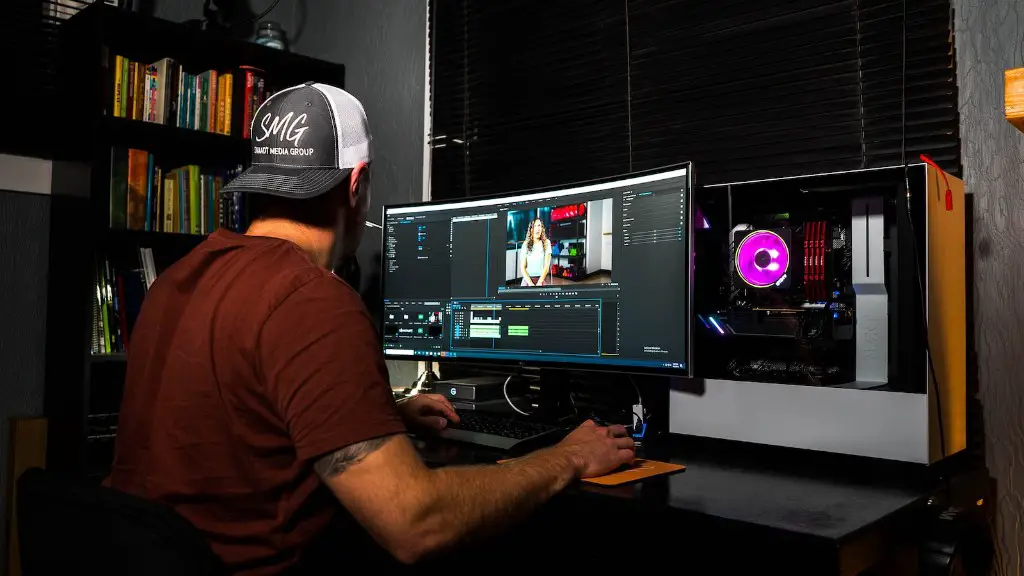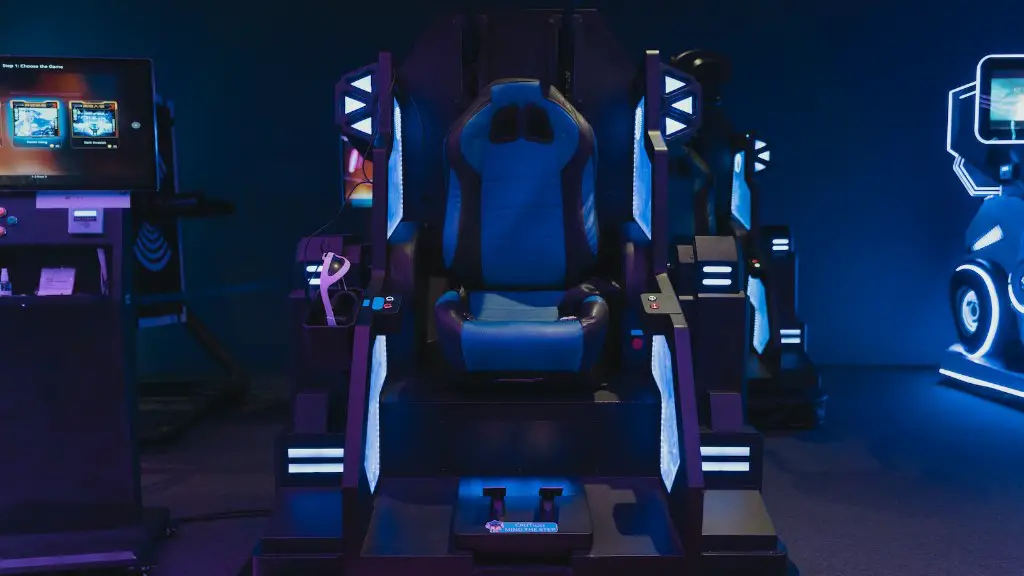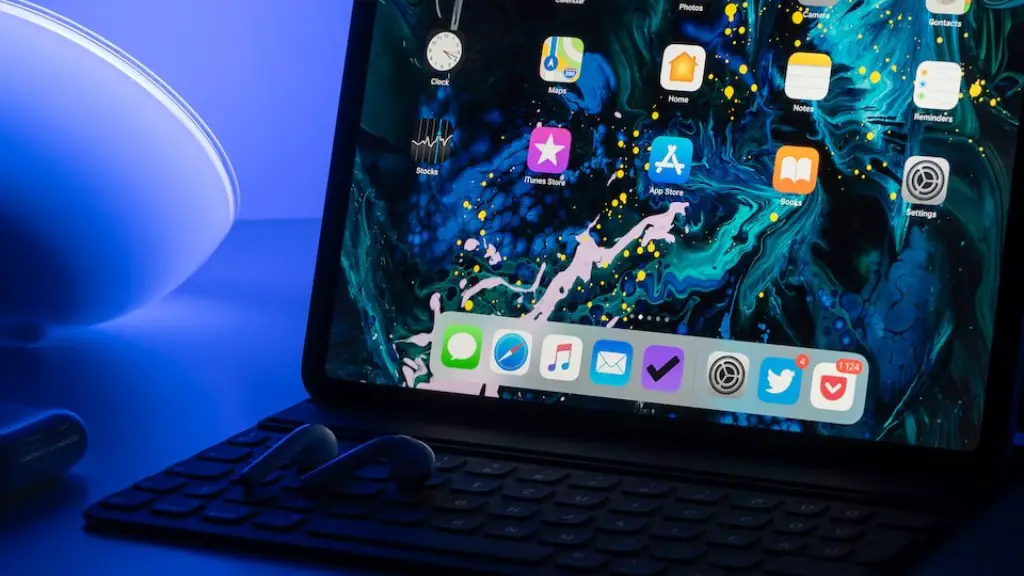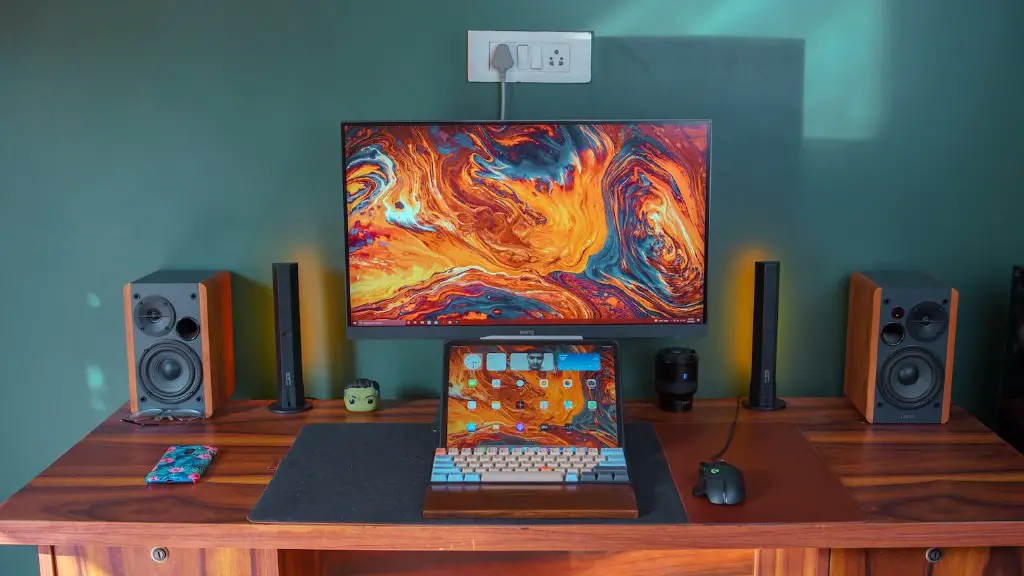As a gaming enthusiast and expert in the gaming industry, one might often wonder what goes into making the perfect gaming PC. This article will go into detail on the components and technology that goes into a gaming PC and how it is unique from any other regular PC. Additionally, it will discuss the importance of strong connections between components, upgrading techniques that can yield great results, and how these components interact with each other to maximize performance.
At the core of any gaming PC are the components, such as the CPU, GPU, RAM, and motherboard. The CPU (central processing unit) is the brains of the system, managing algorithms and tasks that the user gives it. The GPU (graphics processing unit) is responsible for drawing and rendering graphical elements on the screen. RAM (Random Access Memory) is short-term memory that the processor uses to load data more quickly. The motherboard is a space-saving platform that is used to connect all hardware components and house them in one place. All pieces of hardware must be wired together and finally, a power supply unit (PSU) is used to provide power to the components.
The most important part of the gaming PC is the connection between the components. Each component needs to be compatible with one another and must have a solid network connection to communicate effectively. High-grade thermal paste is also essential to maintain optimal temperatures while the system is running. Without proper connectivity, the gaming PC will suffer from reduced performance due to bottlenecking.
Upgrading components can bring a huge increase in performance. Upgrading the GPU or RAM is a popular choice for gamers looking for a major boost in graphical fidelity or processor throughput. Proper research should be done before making a purchase to make sure that the new component is compatible with the existing components and that it fits inside the case.
Finally, the components of the gaming PC need to work together in harmony. This means that the GPU, CPU, RAM, and motherboard all have to be tuned to the same speed and frequency in order to get the best performance from the system. This can be done with overclocking, which is the process of manually increasing the performance of the components. If done correctly, overclocking can yield major performance boosts without compromising the stability of the system.
How to Choose Components for a Gaming PC
In order to assemble the perfect gaming PC, it is important to know how to purchase the appropriate components. Different games have different requirements, so it is important to consider the type of experience the user is looking for and the games they will be playing. It is also crucial to research the available options and benchmark results to decide which component is the most suitable for the needs.
It is important to invest in higher-end components when looking to build a gaming PC. Chipsets, CPU’s, and GPUs with higher clock speeds have the potential to yield better performance. Having said that, it is important to know the type of games the user will be playing, as they may not need all of the top-end components. If the user is a casual gamer, then purchasing mid-range components will be enough to allow them to play most games without any issues.
It is also important to factor in other components such as RAM and motherboards. For example, if the user is looking for the best performance, then it is best to choose high-end motherboards with multiple expansion slots which can support more RAM and higher clock speeds. Additionally, the type of RAM should be taken into account as most gaming PCs will require DDR4 memory.
The last component to consider is the power supply. It is important to select a power supply with enough wattage to support the components and with a high-quality rating. This will ensure that the system remains stable and reliable over the years.
Other Factors to Consider when Buying a Gaming PC
When it comes to buying a gaming PC, other factors should also be taken into consideration. One important factor to consider is the cooling system. Heat is one of the most common issues faced by gamers and having a suitable cooling system can prevent overheating and other performance issues. Heat sinks or water cooling systems with strong air circulation are an important investment that should not be overlooked.
It is also important to consider the type of case that will be used. Computer cases come in a variety of sizes and shapes, and the type of case used affects the amount of expansion and upgradability that the user is able to achieve. Full-tower cases are designed to have a large amount of space and are more suitable for users who need lots of internal expansion, while smaller cases are more suitable for users who plan on adding fewer components.
The type of storage that the user plans on using is another factor to consider. There are three main types of storage; SSD (Solid State Drives), HDD (Hard Disk Drives), and Hybrid Drives which combine both technologies. SSDs are faster and are better for accessing data, while HDD are better for saving a large amount of data. Hybrid Drives are a combination of both, providing a balance between cost and performance.
Finally, it is important to see if the PC includes peripherals such as a keyboard and mouse. These are important for gaming, as they can provide an immersive experience with tactile feedback. Additionally, a headset can be used to experience surround sound and communicate with friends or teammates.
Design Tips for a Gaming PC
It is important to choose the right design for a gaming PC, as it should be aesthetically pleasing as well as functional. Lighting is a great way to add a visual flair to the PC, but it can also be used to improve performance. A well lit PC can reduce heat buildup, making it easier to cool the system down by increasing airflow.
The type of case is also important, as this affects the overall look and feel of the system. Choosing a case with tempered glass panels allows users to show off the hardware and lights inside. This also makes it easier to access the internal components for maintenance and upgradability. Additionally, a case with a friendly design allows users to access components quickly and can make the system look more organized.
Cable management is another important design consideration for PC builders. It is important to manage the cables in such a way that they are not blocking the airflow inside the case, as this can cause overheating. Tidy cabling also has the added benefit of making the system look neat and presentable.
Finally, it is important to choose the right software to optimize the gaming PC. Software such as Nvidia GeForce Experience can optimize the performance of the PC by tweaking the settings, ensuring that the system is running at optimal levels. It is also important to update the drivers, as this can improve performance and reduce errors or crashes.
Networking and Security for a Gaming PC
It is important to take into consideration the networking and security of a gaming PC. Ensuring a good quality of experience requires a reliable network connection, which means that the user should invest in a quality router. This should be paired with a premium internet plan from the ISP, as this will significantly reduce lag and increase performance in online games.
Security is also important when it comes to gaming PCs. Installing anti-virus and malware software is essential to keep the system safe, and a firewall can also be used to block any malicious traffic coming in. Additionally, the user should use strong passwords and two-factor authentication whenever possible to keep their accounts protected.
At the same time, it is important to protect the system from physical damage. This means making sure that the gaming PC is always protected from dust, humidity, and other environmental hazards. Additionally, it is important to always keep the PC in a safe place, such as a surge protector, to prevent accidental damages.
Finally, the user should look into whether the gaming PC supports virtual reality gaming. This requires an additional cost, but it can provide great experiences in the world of gaming. Technologies such as Oculus Rift and HTC Vive are the two main players in the world of virtual reality gaming, and the user should look into the recommended specifications for these platforms before making a purchase.



